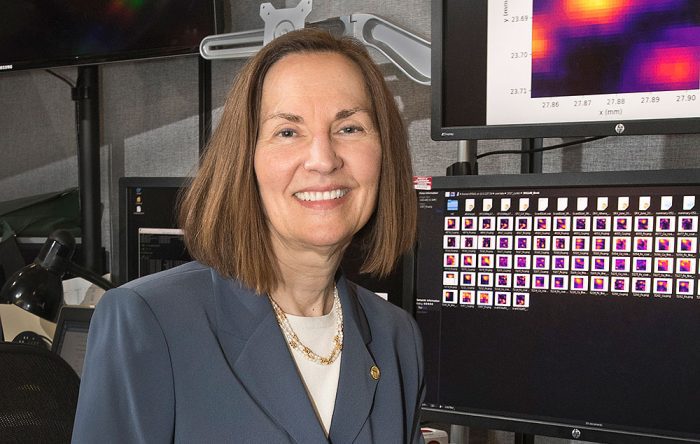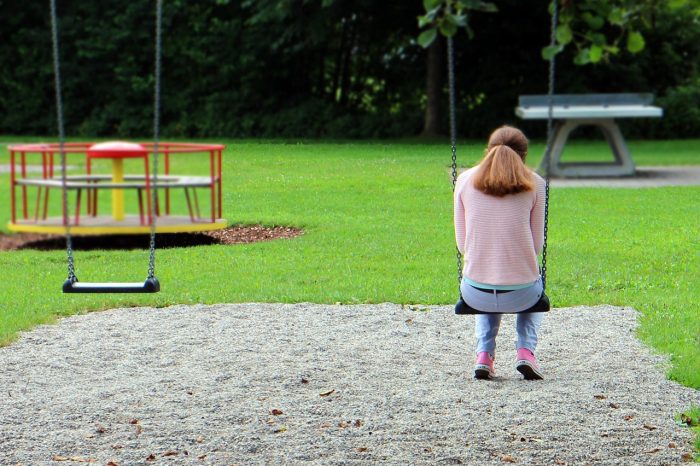By Daniel Dunaief

My uncle was mad and probably a bit disappointed with the rest of the family. He had gallantly, I suppose in his mind, volunteered to drive our family from the funeral home to the cemetery where my father was going to be buried.
There my brothers and I were, laughing in the back as if we were on a normal family retreat. No, scratch that, we were probably laughing even more forcefully. It was our coping mechanism, which my uncle, who spent little time with us growing up and, in particular, during my father’s illness, wouldn’t and didn’t understand.
One of the many things that we observed and shared with each other from the back of that vehicle of loss was the impressive collection of fancy cars that were trailing behind us.
Our father was a big fan of test driving cars but not as much of a fan of buying them. We’re pretty sure there were car salesman who went on break immediately as soon as they saw him turn into their lot, desperate to get away from the bearded guy who seemed so earnest and excited about the cars, but almost never did anything other than ask about them, drive them, and return to his aging Buick LeSabre, promising to “think about it.”
We were amazed at the Jaguars, the Mercedes and the host of other cars that people who wanted to pay their respects drove to his funeral.
“Oooh, there’s a BMW,” one of us said. “Wow, dad would love that car, but maybe not in that color.”
My uncle shook his head slightly and frowned at us in the mirror. I guess he wanted us to behave more properly or respectfully during this somber moment.
But laughter is not only the best medicine, as it turned out for us, but has been a way my family connects with each other and with many of the people in our lives.
I must have watched the movie “The Court Jester” starring Danny Kaye at least a dozen times with my father. Each time, I knew when the dialog that made him laugh so hard was coming. His breath came in high pitched squeals as he bent over double trying to get air into lungs that were too busy laughing spasmodically.
“The pellet with the poison is in the vessel from the pestle. The chalice from the palace has the brew that is true,” Kaye would say.
Those lines, and the bumbled repetition with nonsense word variations, always hit their mark, forcing him to find a tissue to wipe the tears from his cheeks.
I remember the laughter, and what triggered it, from friends and family members who have either passed or with whom I have had little contact over the years.
Shared laughter, as sitcom producers understand, creates a positive and encouraging atmosphere, telling us that we can return and enjoy these light-hearted and peaceful moments with unseen strangers or with others in the room.
The hit show M*A*S*H combined macabre humor in the midst of a war zone with antics that helped talented but stir crazy doctors manage through difficult circumstances.
My aunt Maxine used to find it both surprisingly annoying and oddly funny when I rolled my sleeves up into strange positions or turned parts of my collar inside out.
“Don’t be silly!” she’d laugh, which, of course, only encouraged me. “What are you doing, Daniel?”
She’d come over and, with the soft small fingers of someone who had Down syndrome, would unfurl the sleeves of my shirt and would adjust my collar.
My grandmother, meanwhile, giggled at the absurdity of her grandchildren.
My brothers and I would sometimes say or do something unusual and, rather than get upset, she would find our behavior so ridiculous as to be laughable. When she giggled, her entire upper body shook, as those quaking motions had an epicenter around her stomach. Her laughter made her seem so much younger.
My wife and I recently attended a live musical show that poked fun at everyone from politicians to sports figures to crazy neighborhood text messages.
The show not only hit home for many, but it also caused people to chuckle so hard that their laughter became a part of the show.
These days, with uncertainty around the world and hovering heat and humidity squeezing sweat out of us like a dish rag, the laughter of those we know or have known can serve as a soothing salve. Life is messy and frustrating and seemingly beyond our ability to control. Laughter may be just what we need, offering the kind of cooling shade that dials down the temperature.














